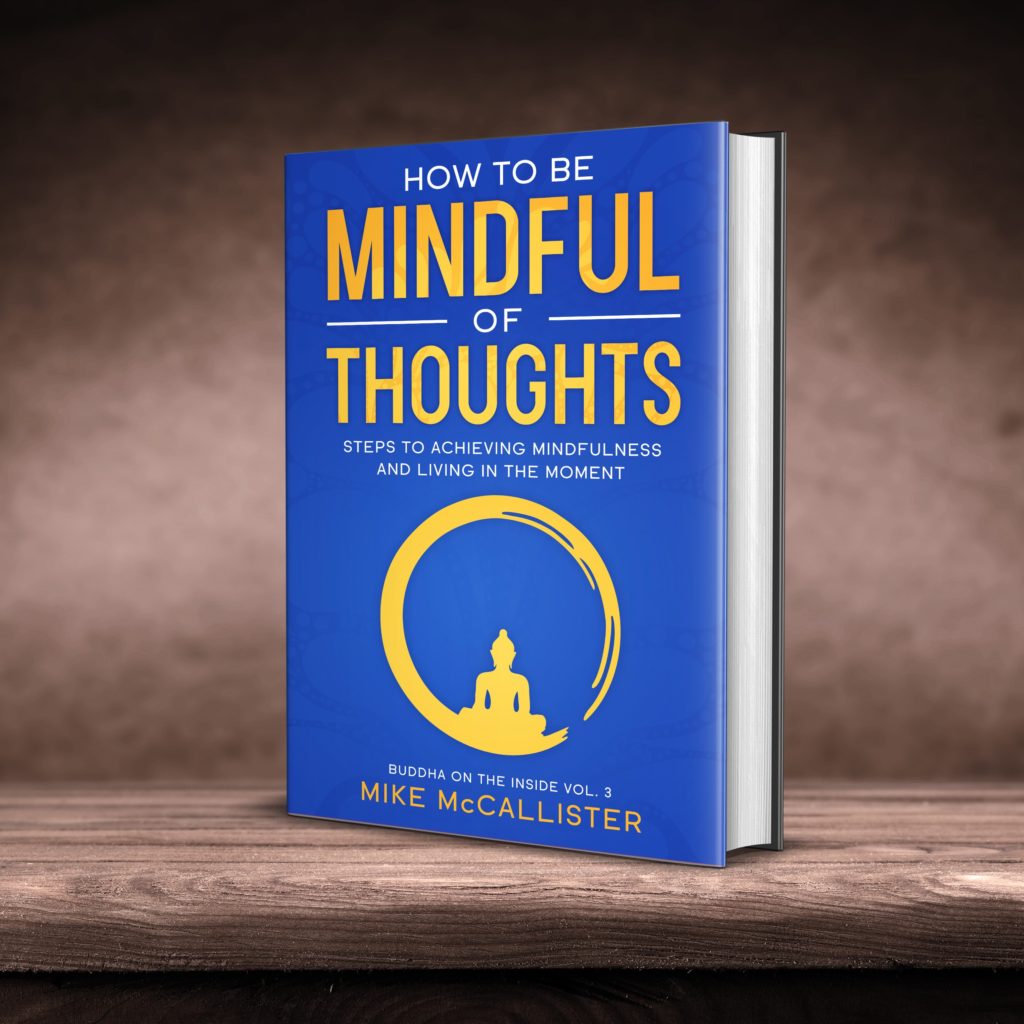
By now, you are know how to use mindfulness to avoid office gossip and become the darling of your boss. You also know how to use mindfulness to improve workplace productivity and motivate others to work harder.
Based on everything we have discussed, I would say you have a good understanding of mindfulness. You also know actionable strategies you can use to launch a ‘Mindfulness at Work’ program that would change your workplace.
For instance, a Mindfulness-at-work program can promote a sense of calmness and mindfulness at the workplace. It can also equip every team member, staff member, and professional with the ability to think with clarity and focus. Additionally, such a program would ensure that everyone embraces the moment and engages in it consciously.
When everyone at the workplace works mindfully, everyone is likely to work optimally and achieve targets on time. Imagine how beneficial such a program would be for you.
You would understand your thoughts, aspirations, and core values better and would set meaningful goals for yourself and your business. You would learn the art of emotional management, which would slowly but surely raise your emotional intelligence.
Once your emotional intelligence is high, you would be able to handle your emotions and help others do the same. This would slowly shape you into a great leader who can help others actualize their potential. However, the only way to achieve such goals is to develop a powerful mindfulness program for your workplace.
In this article, I will share with you five practical tips you can use to achieve this goal:
#: Begin with Why
Golbie Kamarei works as the global program manager for BlackRock, the largest asset management company worldwide.
In 2013, she also designed the ‘BlackRock Meditation Program.’ This program has helped more than 1,400 employees working for the company in 17 countries. The program has helped the employees learn how to use mindfulness to manage stress, improve their wellbeing and boost productivity.
According to Kamarei, the foremost principle you should follow when designing a ‘Mindfulness at Work’ program is focusing on Why.
We often tend to focus more on ‘how’ to do things and ignore the ‘why’. This is unfortunate because the ‘whys’ behind any initiative are far more critical. When you know why you are doing something, you instantly become more driven and committed to doing it consistently. Once why you need to do something is clear, the ‘how’ becomes clear gradually.
Similarly, as you launch a mindfulness-at-work program, reflect on the core reasons why you want to start it. List down all the compelling reasons why you must begin this initiative and describe their importance.
- Are you doing it because it’s the “new trend,” or do you want to help your team members overcome stress?
- Do you only want to soothe their stress, or do you also want to improve their productivity simultaneously?
Whatever your reasons are, put them down on paper and elaborate them so that you are clear on what you want. This is enough to increase your commitment to launching a successful mindfulness-at-work program.
#: Understand your audience
If you use advanced level IT jargon when communicating with novices, they won’t understand a word of the lecture. If you explain the same terms in a more straightforward language, they will grasp the concept with ease.
Knowing your audience and their level of understanding of a topic is crucial to ensuring the success of any initiative. Before launching your ‘Mindfulness-at-work’ program, take time to understand your audience, their problems, needs, and current level of mindfulness.
Once you have a good understanding of what your audience wants, you can then create a program accordingly.
If your team members are stressed and don’t know much about mindfulness, you would have to start from the basics. However, if they have taken a couple of mindfulness-based programs, you can begin at intermediate or advanced level program. You can choose the techniques, strategies, and duration of practices accordingly.
Knowing your audience also helps you figure out whether you need third party expertise and input. If you outsource the services to someone else, hire an expert at meditation, mindfulness, and your particular corporate industry. This will enable him or her have the expertise needed to guide your employees accordingly.
#: De-clutter the workspace
If your workspace is a clutter-haven, your team members will struggle to stay focused on their work. Physical clutter leads to mental chaos; it also distracts you from the moment. To ensure your mindfulness-at-work program is a success, start by de-cluttering the entire workspace.
Every cubicle, room, and space in the office must only have the essentials. Discard all the broken, used, and duplicate items. Engage your team in the process so that they embrace mindfulness from the start.
#: Start Small
It’s tempting to start with a 30-minute extended mindfulness meditation practice. But for now, you need to press the brakes on such an idea. Even if your employees know about mindfulness, practice mindfulness occasionally or want to learn, they haven’t made it habitual yet. This means that asking them to meditate for long can be overwhelming.
It is best to start small and encourage every member to participate in short 5-minute sessions every day. Such an approach helps them slowly settle into the new routine and train themselves to be more mindful.
#: Offer different options
Encouraging employees to take out time from their work routine to focus on themselves and the moment can be challenging. This is especially so if mindfulness is a new practice to team members. However, eventually employees will realize the importance of doing so, and the benefits of such a program.
To ensure your team members don’t shun a mindfulness-at-work program, provide them with different options to select. You could give them options with regards to the level of engagement, time commitment, and type of practices. Offering varied options increases participation and helps you establish a state of mindfulness in your workplace.

In my book – How To Be Mindful Of Thoughts: Steps To Achieving Mindfulness And Living In The Moment (Buddha on the Inside Book 3), I discuss various other approaches you can use to increase mindfulness. Get your copy and see your productivity at work increase rapidly.
Written with beginners in mind, It will teach you:
- The basics of mindfulness, including what it really is, what it entails, how it works and more
- Why you need to nurture mindfulness
- How mindfulness and leadership coexist
- How to transform your life with different mindfulness techniques
- How to observe your thoughts, manage your emotions and feel good with mindfulness-based meditative techniques
- How to make mindfulness part of your everyday life to derive all its benefits
…And so much more!

Get your friends and family to practice mindfulness too with the widely acclaimed The Ultimate Inner Peace Affirmation Audio Series To Attain Nirvana!



